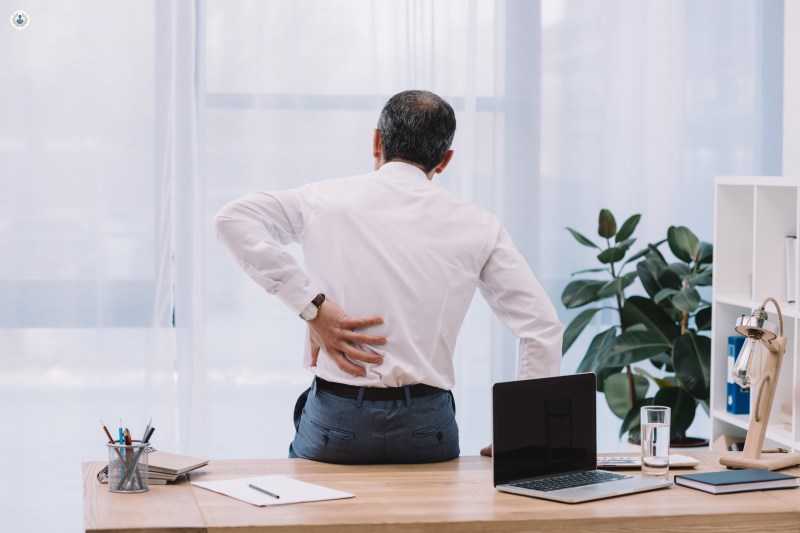How can kidney stones be prevented?
Escrito por:Kidney stones are hard mineral and salt deposits that form in the kidneys. They can range in size from tiny grains to larger, pebble-like stones and often develop when urine becomes concentrated, allowing the minerals to crystallise and stick together. Although anyone can develop kidney stones, certain factors such as genetics, diet, and dehydration can increase the risk.
The most common types of kidney stones are calcium stones, formed from calcium oxalate or calcium phosphate. Uric acid stones can develop in people who have a high protein intake or conditions like gout. Less common stones include struvite, often linked to urinary tract infections, and cystine stones, which result from a hereditary disorder.

Symptoms
Symptoms of kidney stones vary depending on the size and location of the stone. A small stone may pass through the urinary tract without causing noticeable discomfort. However, larger stones can cause severe pain, typically in the back or side, radiating to the lower abdomen and groin.
This intense pain is often referred to as "renal colic" and may come in waves. Other symptoms include blood in the urine, cloudy or foul-smelling urine, frequent urges to urinate, nausea, vomiting, and fever or chills if an infection is present.
Diagnosis
Diagnosing kidney stones typically involves imaging tests such as ultrasound or CT scans, which help locate the stone and assess its size. Blood and urine tests may also be used to determine the underlying cause, such as high levels of calcium or uric acid in the body.
Treatment
Treatment for kidney stones depends on the size, type, and severity of symptoms. Small stones may pass naturally with the help of increased fluid intake and pain management.
In more severe cases, medical intervention may be necessary. Extracorporeal shock wave lithotripsy (ESWL) uses sound waves to break up stones, while ureteroscopy involves using a thin scope to remove or break up stones in the ureter. For larger or more complex stones, surgery may be required.
Prevention
Preventing kidney stones involves drinking plenty of fluids, maintaining a balanced diet low in sodium and oxalate-rich foods, and sometimes taking medications prescribed by a healthcare provider to manage underlying conditions that increase stone formation risk.


